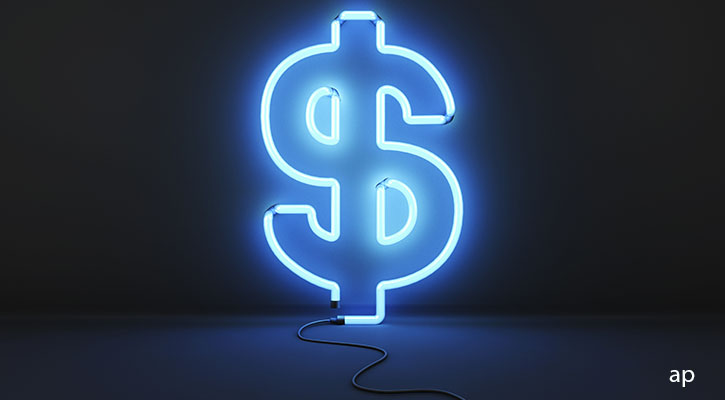Lukas Strobl: 2022 has been a year of sell-offs; many asset classes, global equities, global fixed income are down by double digit percentages. Now, that's interesting because debt and equities don't tend to move in the same direction during times of crisis. Here to explain this dynamic is Morningstar investment analyst Jeana Doubell.
Jeana, how do we get here?
Jeana Doubell: Well, Europe is dealing with a number of challenges at the moment. We're seeing dramatic inflation that's been exacerbated by the energy crisis with Russia, and there are also several economic weaknesses that are showing up in indicators such as the Purchasing Managers' Index. These factors together are spooking investors, driving bond prices lower and yields up. During such times of uncertainty, usually you would see investors moving into safer, higher-quality bonds such as government bonds or investment grade corporate debt. But 2022 has been unusual, in the sense that investment grade bonds and government bonds aren't acting as the safer spaces that they normally would. Investors are unable to, basically, shelter from the storm.
In a sense, we've actually seen that the Bloomberg Euro Corporate and Bloomberg Euro Government bond indexes are down 12% and 13% year-to-date. This is slightly worse than the high yield index, the Bloomberg Euro High Yield Index, which is only down 11% year-to-date.
LS: And why hasn't higher quality debt outperformed lower quality debt?
JD: Arguably, I'd say the biggest reasons are inflation and rising rates, with the former, rising rates, dominating bond markets at the moment. We're dealing with the duration sell-off, as opposed to a credit crises right now, even though central banks are hiking rates around the world to combat inflation.
The reason why we're seeing high yield corporate debt self-off less dramatically than more investment-grade-worthy debt is essentially because this isn't a collapse in creditworthiness like we saw in 2008. The expected default rate for most indebted companies hasn't increased much. Actually, if anything, most issuers are well-capitalized after having spent their last two years refinancing their debt instead of going out to market to create new issuances. So, while we have seen corporate yield bond sell-off, they've been less dramatic than other parts of the market, they are perhaps more sensitive to central bank interest rates.
LS: That sounds like a situation that many fund managers haven't come across in their careers. Would you tell us any European managers that you'd say are well-placed to navigate this environment, and actually make money?
LD: Sure. We're seeing a range of different strategies play out in the market. Some managers such as Nicolas Jullien with Candriam's Bonds Euro High Yield Fund, which carries a Morningstar Analyst Rating of Gold, is focusing more on rotating into companies that have a more defensive business model, such as telecommunications. The sector has actually demonstrated a robust stability over the last three years.
Other managers are looking more towards out-of-benchmark positions to increase their alpha as they move the rest of their portfolio more into higher-quality bonds and lose out on high yields. So, for example, I'll say Aguilar from Blackrock's Euro High Yield Fund has modestly increased their stake in Japan and Brazil for year-to-date. This is very interesting because, for example, Japan is one of the few countries in the world that hasn't increased interest rates. If anything, actually, it's dropped them.
LS: An unfamiliar, but also intriguing time for fixed income, especially high yield. Thanks for explaining all this, Jeana.
For Morningstar, I'm Lukas Strobl.






























